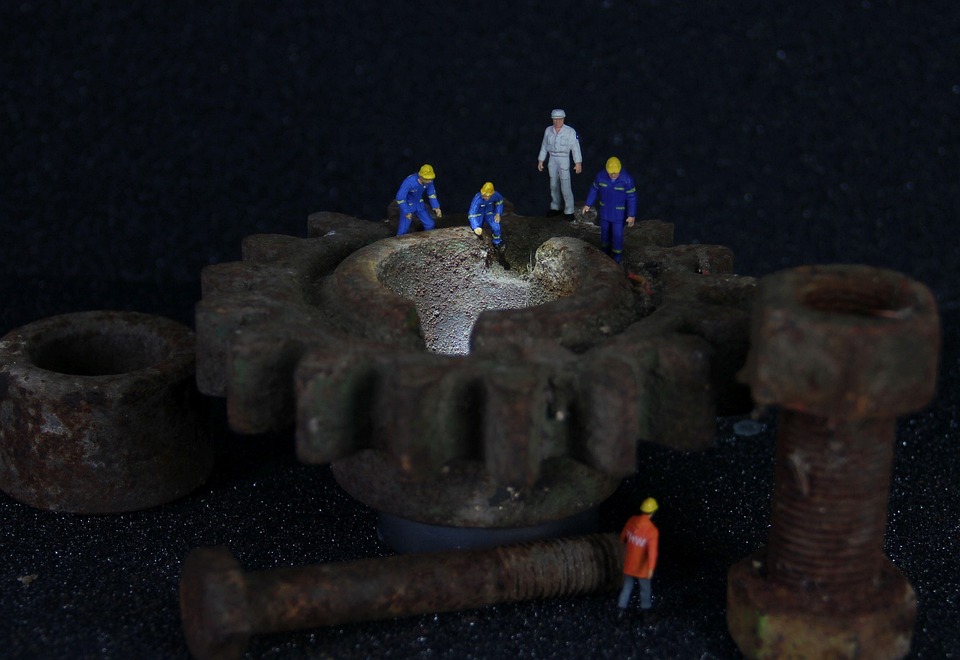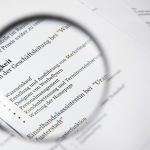Essential Interview Tips for Aspiring Train Maintenance Engineers: Your Comprehensive Guide
When it comes to securing a position as a train maintenance engineer, the importance of a stellar interview cannot be overstated. The railway industry is a labyrinth of technical expertise and safety regulations, and your interview is the gateway to demonstrate not just your skills, but your passion and commitment to this vital field. Here are some essential tips that will help you navigate this challenging terrain.
1. Know Your Technical Stuff
First and foremost, a solid grasp of engineering principles related to train maintenance is non-negotiable. Familiarise yourself with common systems such as braking, propulsion, and signalling. Be prepared to discuss specific technologies or methodologies you have encountered in your training or previous roles. The interviewers will be on the lookout for someone who not only knows the theory but can also apply it pragmatically.
2. Safety First
In an industry where safety is paramount, your understanding of safety regulations and best practices is crucial. Brush up on the relevant health and safety legislation, such as the Railways and Other Guided Transport Systems (Safety) Regulations. Discussing how you prioritise safety in your work will set you apart as a conscientious candidate. Perhaps you could share an anecdote where you identified a safety issue and how you resolved it—real-life examples resonate well.
3. Soft Skills are Key
While technical know-how is vital, don’t underestimate the power of soft skills. Communication, teamwork, and problem-solving abilities are just as important as your engineering prowess. Train maintenance often requires collaboration with various departments; hence, your ability to articulate ideas clearly and work cohesively with others will shine through. Reflect on past experiences where you’ve successfully collaborated or led a team, and be ready to share those stories.
4. The Importance of Continuous Learning
The railway industry is ever-evolving, with new technologies and methods constantly emerging. Demonstrating a commitment to lifelong learning can be a game-changer. Talk about any additional courses, certifications, or workshops you’ve pursued to enhance your skills. Your willingness to adapt and grow will showcase your dedication to the profession and your future employer’s success.
5. Prepare Thoughtful Questions
An interview is not just about answering questions; it’s a two-way street. Prepare insightful questions that reflect your understanding of the company and the role. Inquire about their maintenance practices, team dynamics, or future projects. This not only shows your genuine interest in the position but also allows you to assess if the company is the right fit for you.
6. Dress the Part
While it may seem trivial, your appearance can make a significant impression. Opt for smart, professional attire that conveys your seriousness about the role. A well-groomed appearance coupled with confidence can often speak louder than words. After all, first impressions matter.
7. Follow Up
After the interview, don’t let the conversation fizzle out. A polite follow-up email thanking the interviewers for their time can reinforce your enthusiasm about the position. It’s a simple yet effective way to keep your candidacy fresh in their minds, demonstrating your professionalism and gratitude.
In the world of train maintenance engineering, preparation is key. By honing your technical skills, understanding safety protocols, showcasing your soft skills, and presenting yourself professionally, you’ll be well on your way to acing that interview. Remember, each step you take is a stride towards not just a job, but a fulfilling career in an essential industry.
As you navigate this journey, CVPortal continues to provide you with a variety of high-quality CV references, helping you stand out in the competitive job market.


